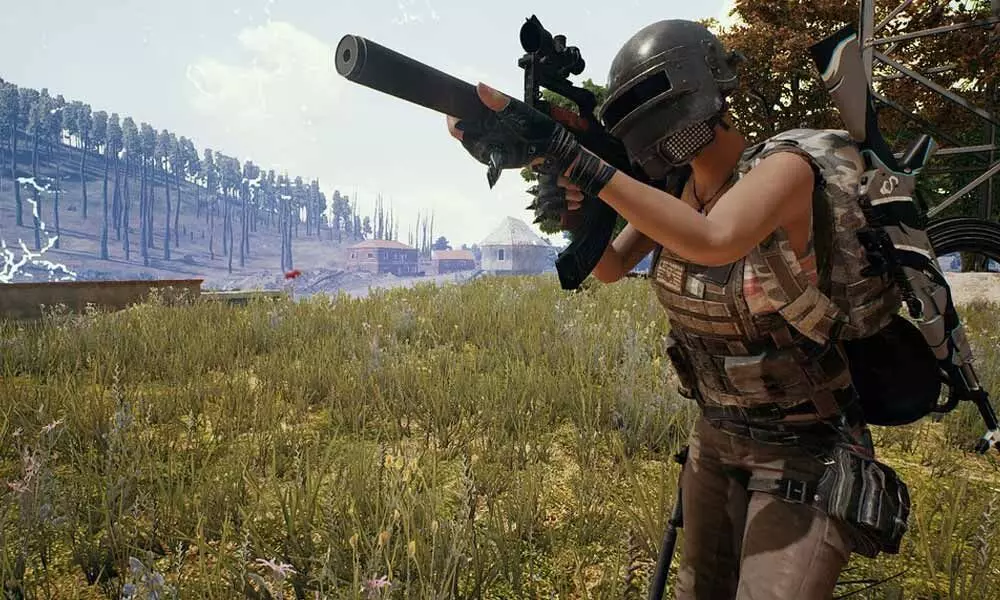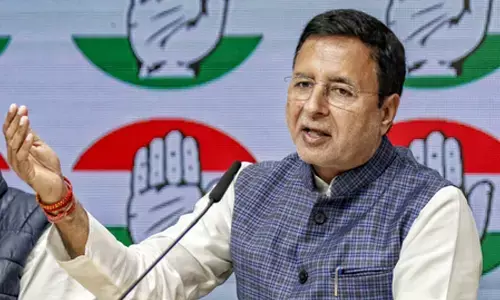PUBG players pin hopes on VPNs

PUBG players pin hopes on VPNs
- Most of VPN providers China-based; dominance likely to continue
- Game organizers assuring players that servers would be set up in India shortly for restarting the indigenous game officially
Nellore: As soon as the Centre had announced a ban on 118 Chinese apps, including the popular Player Unknowns' Battle Ground (PUBG), now gamers are pinning hopes on the VPN technology to play the game.
The Centre had banned only mobile version and still gamers can play it on the desktop and laptop versions which requires some authentication. The Virtual Private Network (VPN), which is also called the black hole, being operated by foreign servers, hides credentials of the people who visit any website or server. In fact, it is a tool to protect browsing from cyber hacking and dangerous malware. But this is being used for playing hereafter if technology permits. A VPN creates a secure connection over the internet between a computer, smartphone, or tablet and the app people are using.
It maintains an authenticated, encrypted way for securely passing data traffic. So, nobody will be able to track their location. There are practically no chances for the hackers to look up for any attempts to breach the data.
But the tool is being used by many people for downloading cracked and pirated software, movies and other technical material from the sites using this network hiding their identity and now the gamers can play using it. Game organizers are also indicating the players that there are chances of restoring the game shortly soon after opening Indian servers being planned in Mumbai labeling the process as 'authenticated and Indianized'.
In fact, this game was developed by South Korean based firm-PUBG Corporation, subsidiary of videogame company, Bluehole. Experts in cybersecurity and networking say roughly one-third of the world's top virtual private network providers are owned by six Chinese companies, according to a study by the privacy and security research firm VPNpro. It found that the top 97 VPNs are run by just 23 parent companies, many of them are based in countries with lax network privacy laws.
Six of these companies are based in China and collectively offer 29 VPN services. In many cases, information about the parent company is hidden to the users, they say.
Seven of the top VPN services are owned by Gaditek, based in Pakistan and the Pakistani government can legally access any data without a warrant with the help of these networks. Still, he mentioned that China still has control over the globe with the presence of virtual networking companies.
"We have many options to play the game even though the Indian government bans it. VPN is also having some problems as some recent guidelines that prevent complete hiding of the credentials. When a government demands the data, the provider must reveal at any cost," said an online gamer. But he finally admitted that action against China is indisputable in terms of the safety of the country.











